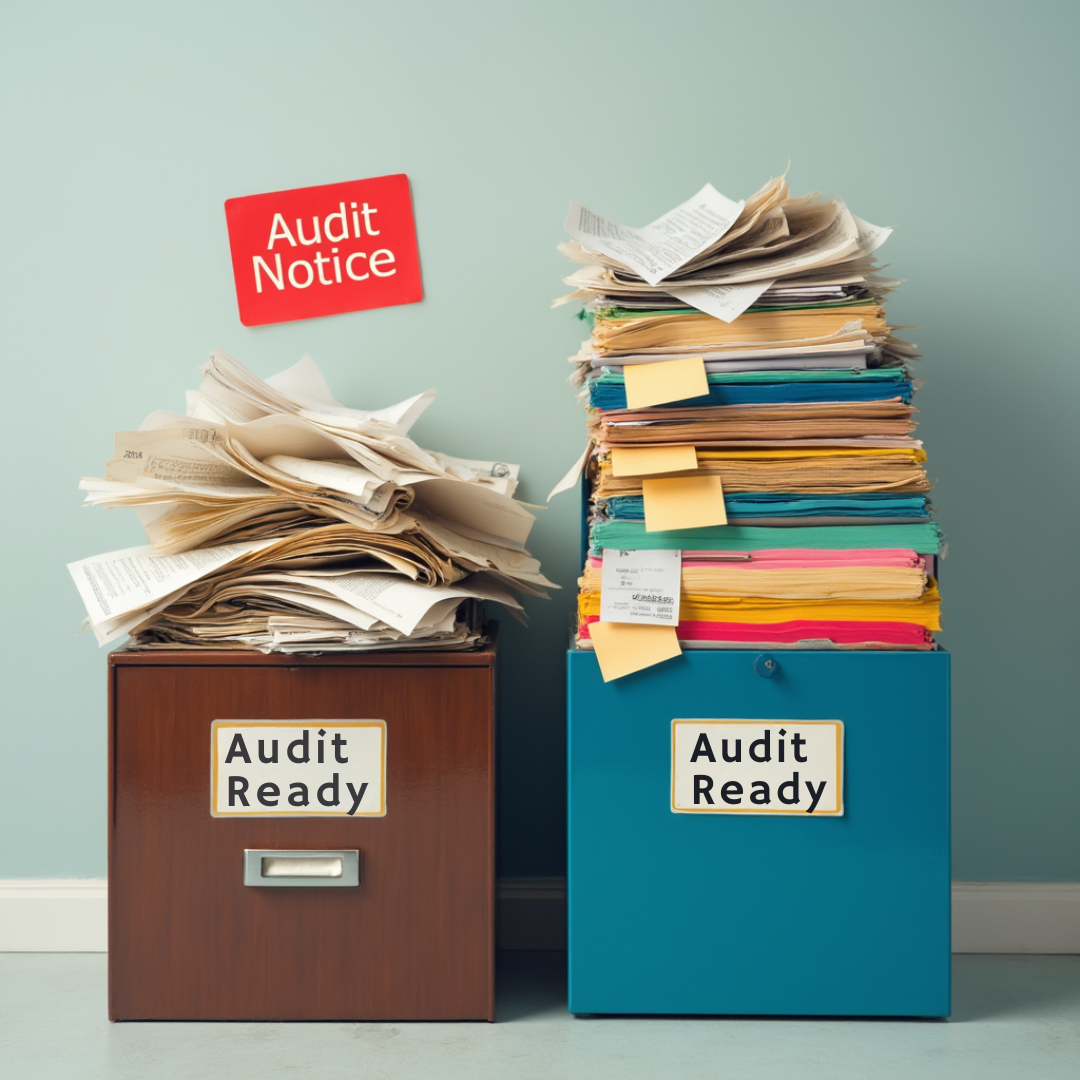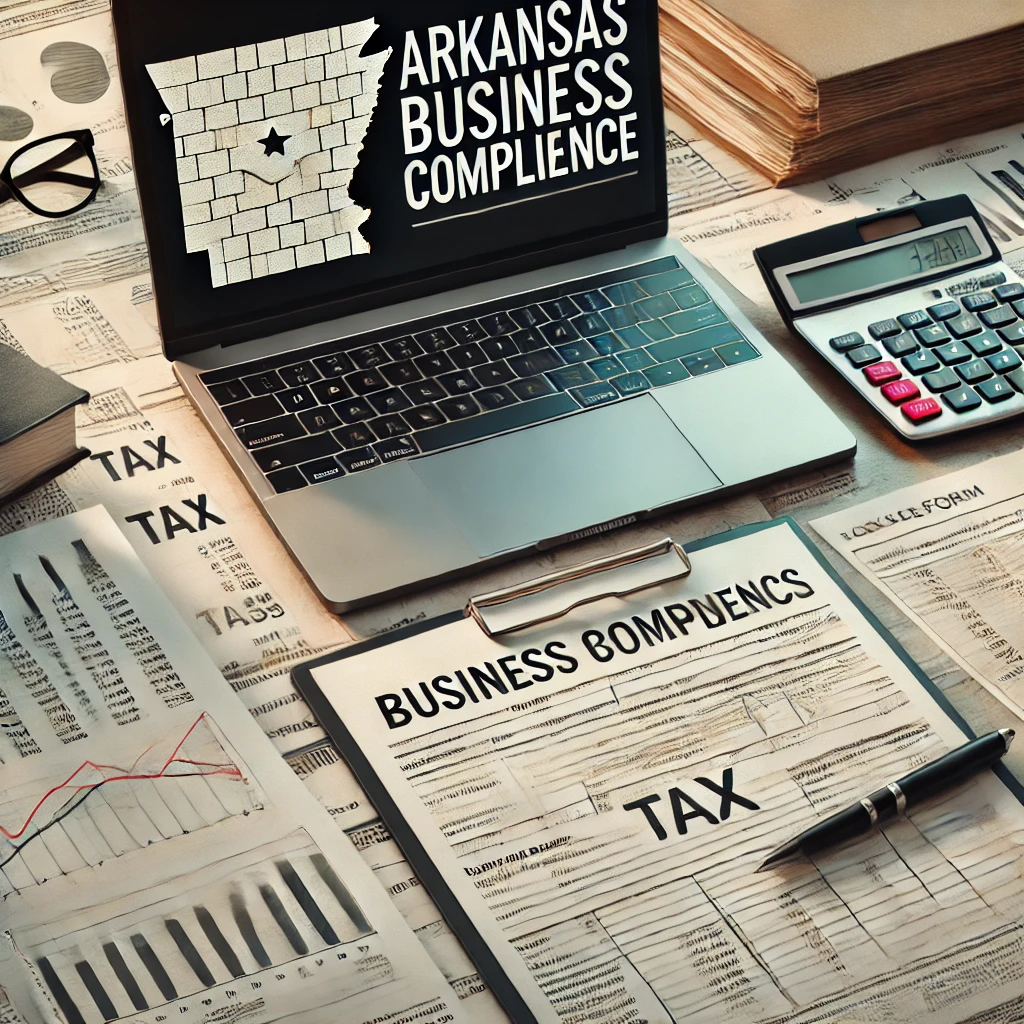The Importance of Financial Cleanup
If you’re a small business owner or managing personal business finances, understanding how to prevent audit nightmares is essential. A thorough financial cleanup can be your best defense to ensure your tax returns are accurate, compliant, and free from the red flags that attract IRS audits.
Inconsistent records, missing deductions, or late filing can raise audit risk and expose you to penalties that disrupt your peace of mind. By proactively addressing discrepancies and organizing your business expenses and income before filing, you dramatically reduce the chances of triggering an IRS audit, helping you sleep soundly knowing your returns reflect true compliance with tax laws and regulations.
Identifying and Rectifying Discrepancies
Detailed Review of Financial Records
To prevent audit nightmares, a detailed review of your financial records is essential. This means scrutinizing income statements, balance sheets, accounts payable and receivable, and expense reports to ensure everything aligns correctly. Regularly reconciling bank accounts and reviewing payroll records can uncover any inconsistencies early.
By examining each transaction and verifying account balances, you can detect unusual patterns or red flags that might otherwise raise IRS scrutiny. Conducting this review quarterly or more frequently depending on your business size and complexity helps maintain accurate, compliant tax returns and reduces audit risk dramatically.
Correcting Errors
Once discrepancies are identified, correcting errors promptly will save you from costly consequences. This may involve amending misclassified business expenses, adjusting inaccurate income entries, or addressing missing documentation for deductions. Ensuring your tax return accurately reflects your finances and is filed on time mitigates late filing trigger risks.
Leveraging experienced tax professionals or financial cleanup services can simplify this process, helping you avoid incomplete or inaccurate filings and ensuring compliance with tax laws and regulations. The result is greater peace of mind knowing your returns are reliable and less likely to attract IRS attention.
Enhancing Documentation and Record Keeping
Implementing Robust Accounting Systems
Enhancing your documentation and record keeping begins with implementing robust accounting systems tailored to your business needs. Utilizing modern accounting software can simplify tracking of business expenses, income, payroll, and deductions, while also automating report generation and reconciliation processes.
Well-structured systems enable accurate, up-to-date financial data, which is critical when filing tax returns that are both compliant and free of errors that might attract IRS audits. These systems also help maintain an organized archive of important financial documents like invoices, receipts, and statements, ensuring that all transactions are verifiable and ready for review if needed.
Training for In-House Teams
To further strengthen your internal controls and minimize the risk of audit, training your in-house teams on proper financial record keeping and compliance with tax laws is essential. Educating staff about the importance of precise documentation, timely filing, and identifying potential red flags fosters a culture of accountability and accuracy. This training helps your team support the accurate preparation of tax returns and assists in maintaining consistent processes that avoid late filing triggers and other common audit risks.
Businesses that invest in ongoing education for their personnel not only enhance their financial transparency but also gain peace of mind knowing that their records are accurate and their audit risk is reduced.
Preparing for Potential Audits
Mock Audits
One of the most effective ways to prepare for an IRS audit and prevent audit nightmares is conducting mock audits. These simulated reviews of your financial statements and tax returns mimic the scrutiny you might face from the IRS. By engaging in mock audits, you can uncover hidden areas of risk, identify any weaknesses in your accounting methods, and understand how your business tax returns could raise red flags.
This proactive practice builds confidence, helps you ensure your returns are accurate and compliant, and allows experienced tax professionals to guide you in addressing potential issues ahead of time.
Creating an Audit Trail
Another important step in preparing for a potential audit is establishing a clear and comprehensive audit trail. This means maintaining detailed, organized records that chronologically document all business transactions, deductions, and compliance efforts.
A well-maintained audit trail not only demonstrates transparency but also simplifies the audit process by making it easier for you or your tax professional to respond promptly to IRS inquiries. Good internal controls and consistent record keeping help avoid the common pitfalls that trigger IRS scrutiny, thereby reducing your audit risk and enabling you to respond effectively if your business is ever audited.
The Peace of Mind Provided by Cleanup Services
Whether you’re launching your first venture or managing a fast-growing company, OBS Financials is here to bring clarity, confidence, and calm to your finances. With over a decade of experience, certified expertise, and a genuine passion for helping business owners succeed, we offer more than just bookkeeping — we provide peace of mind. From financial cleanup to payroll, monthly bookkeeping, and CFO-level insights, our flat-rate, insured services grow with your business.
Book a free consultation today and discover how OBS Financials can help you reclaim your time, reduce stress, and make smarter financial decisions.
FAQ
What are the primary benefits of using financial cleanup services to prepare for audits?
Financial cleanup services for audits provide accurate records, reduce errors, ensure compliance, and streamline the audit process. Benefits include easier audits, minimized financial risks, improved cash flow management, and enhanced decision-making capabilities.
How do financial cleanup services help in maintaining compliance with regulatory requirements?
Financial cleanup services maintain compliance by assessing and improving internal controls, ensuring adherence to laws like AML and data privacy, mitigating risks of non-compliance, preventing fraud, and preparing for regulatory audits. They streamline processes, reduce legal penalties, enhance transparency, and foster trust with regulators and consumers.
What role does financial cleanup play in reducing stress and improving peace of mind for business owners during audit periods?
Financial cleanup reduces stress for business owners during audits by ensuring accurate, organized records, which simplifies audit processes, minimizes errors, and prevents penalties. It improves peace of mind through better cash flow management, clearer financial insights, and timely identification of issues, enabling confident decision-making and smoother compliance.
Can financial cleanup services improve cash flow management and financial forecasting for businesses?
Financial cleanup services can significantly improve cash flow management by enhancing visibility into accounts payable and receivable, allowing timely payments and better liquidity management. They also improve financial forecasting by providing accurate, organized financial records, enabling businesses to make informed decisions and allocate resources effectively.



